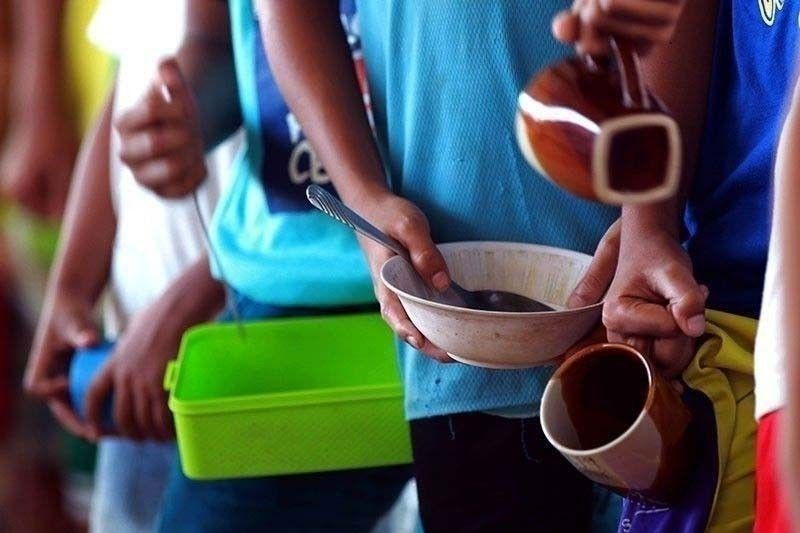‘Nutrition, health not getting enough ODA’

MANILA, Philippines — Nutrition and health are not receiving sufficient amount from the global official development assistance (ODA) for food systems, according to the International Fund for Agricultural Development (IFAD).
“What is not sufficient currently is the amount of assistance that is going into nutrition. That percentage is very, very small still, as an overall percentage of what we are seeing as ODA,” IFAD associate vice president Jyotsna Puri said at the Asia and the Pacific Food Security Forum organized by the Asian Development Bank (ADB).
She said data showed nutrition and health got the smallest share of the total ODA for food systems with a meager nine-percent share from 2018 to 2021.
The bulk or 31 percent went to social assistance, including emergency food assistance, followed by agricultural development and value chains with 26 percent, climate change and natural resources with 18 percent and infrastructure for food systems with 16 percent.
Puri said the global ODA for food systems has steadily increased to $48.7 billion in 2020 from $40.3 billion in 2018.
Due to the COVID-19 pandemic, global ODA for food systems declined to $44.3 billion in 2021.
According to Puri, there is a need to improve how to measure the impact of development aid going to food systems.
While the assistance being given is able to help develop agricultural value chains and provide and deliver resources to smallholder farmers who are responsible for approximately one third of the overall food being consumed, she said nutrition patterns in these targeted areas are not changing dramatically.
“We really need to nudge the multilateral and the international system into measuring our impacts far better,” she said.
She said the IFAD is among the top multilateral donors to food systems globally, providing $577 million from 2018 to 2021.
The ADB is also among the top multilateral ODA donors to global food systems, extending $384 million over the same period.
In the same event, ADB president Masatsugu Asakawa said there is a need to act urgently to address food insecurity, which has grown worse because of extreme weather events and geopolitical conflict.
In 2022, the ADB announced $14 billion worth of financing support by 2025 to help developing member countries transform their agri-food systems and address food insecurity.
The multilateral lender has already committed $7.6 billion of the $14 billion financing support and is on pace to deliver the rest by the end of 2025.
Asakawa said transformation of food systems would require strong collaboration.
“We must forge partnerships to achieve food security, while protecting the planet,” he said.
- Latest
- Trending



























